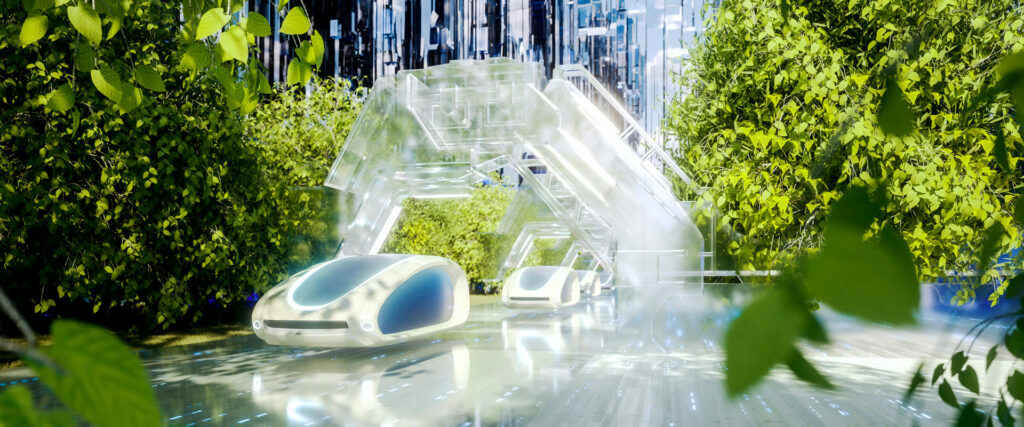
Eco-Friendly Revolution, Sustainable living is no longer a niche concept; it has become a global movement. In the face of environmental challenges, modern technology and artificial intelligence (AI) are playing a pivotal role in the shift toward Eco-friendly practices. This article explores the remarkable Eco-friendly revolution driven by technology and AI, paving the way for a more sustainable future.
Modern Technology for Sustainable Living
- Renewable Energy: Solar panels, wind turbines, and hydro power systems are revolutionizing the energy sector. These technologies harness renewable sources to provide clean, sustainable power.
- Smart Grids: Smart grid technology optimizes energy distribution, reducing waste and enhancing the efficiency of power networks. It enables real-time monitoring and control of energy use.
- Energy-Efficient Appliances: Energy-efficient appliances, equipped with sensors and AI, automatically adjust their settings to conserve energy while providing the same level of service.
AI’s Contribution to Sustainability
- Energy Management: AI is used for predictive maintenance and energy optimization. It can anticipate when machinery needs repairs and adjust energy consumption accordingly.
- Agriculture: AI aids in precision agriculture, allowing farmers to reduce waste and optimize resource use. AI-driven drones and sensors monitor crop health and identify areas that need attention.
- Waste Reduction: AI can help identify opportunities for waste reduction and recycling. Sorting facilities use AI-powered robots to sort and process recyclables efficiently.
Transportation and Sustainable Living
- Electric Vehicles (EVs): EVs are an Eco-Friendly alternative to traditional vehicles. With advancements in battery technology and charging infrastructure, EVs are becoming more accessible and practical.
- Public Transportation: Smart transportation systems, powered by AI, enhance the efficiency of public transit networks. They reduce traffic congestion and promote the use of sustainable modes of transportation.
Sustainable Architecture
- Green Building Materials: Sustainable building materials are more accessible due to advancements in material science. They offer durability, energy efficiency, and lower environmental impact.
- Building Management Systems (BMS): AI-driven BMS help manage lighting, heating, and cooling in buildings to reduce energy consumption.
The Role of Data and Analytics
- Big Data: Data analytics play a vital role in identifying trends and optimizing resource use. Large datasets help identify inefficiencies and areas where sustainability can be improved.
- Sustainability Reporting: Modern technology makes it easier for businesses and individuals to track and report their sustainability efforts, fostering transparency and accountability.
The Future of Sustainable Living
The Eco friendly revolution driven by modern technology and AI offers a promising future for sustainable living. As these technologies continue to advance, we can expect further innovations that will contribute to reducing our environmental footprint, conserving resources, and creating a more sustainable and Eco friendly world.
Conclusion: Embracing the Eco-Friendly Revolution
The integration of modern technology and AI into sustainable living practices signifies a significant shift toward a more Eco-conscious and responsible world. This Eco-friendly revolution is not only necessary but also empowering, as it provides individuals, businesses, and governments with the tools to make environmentally conscious choices that benefit both current and future generations. Embracing these technologies is a step towards a more sustainable and greener planet.